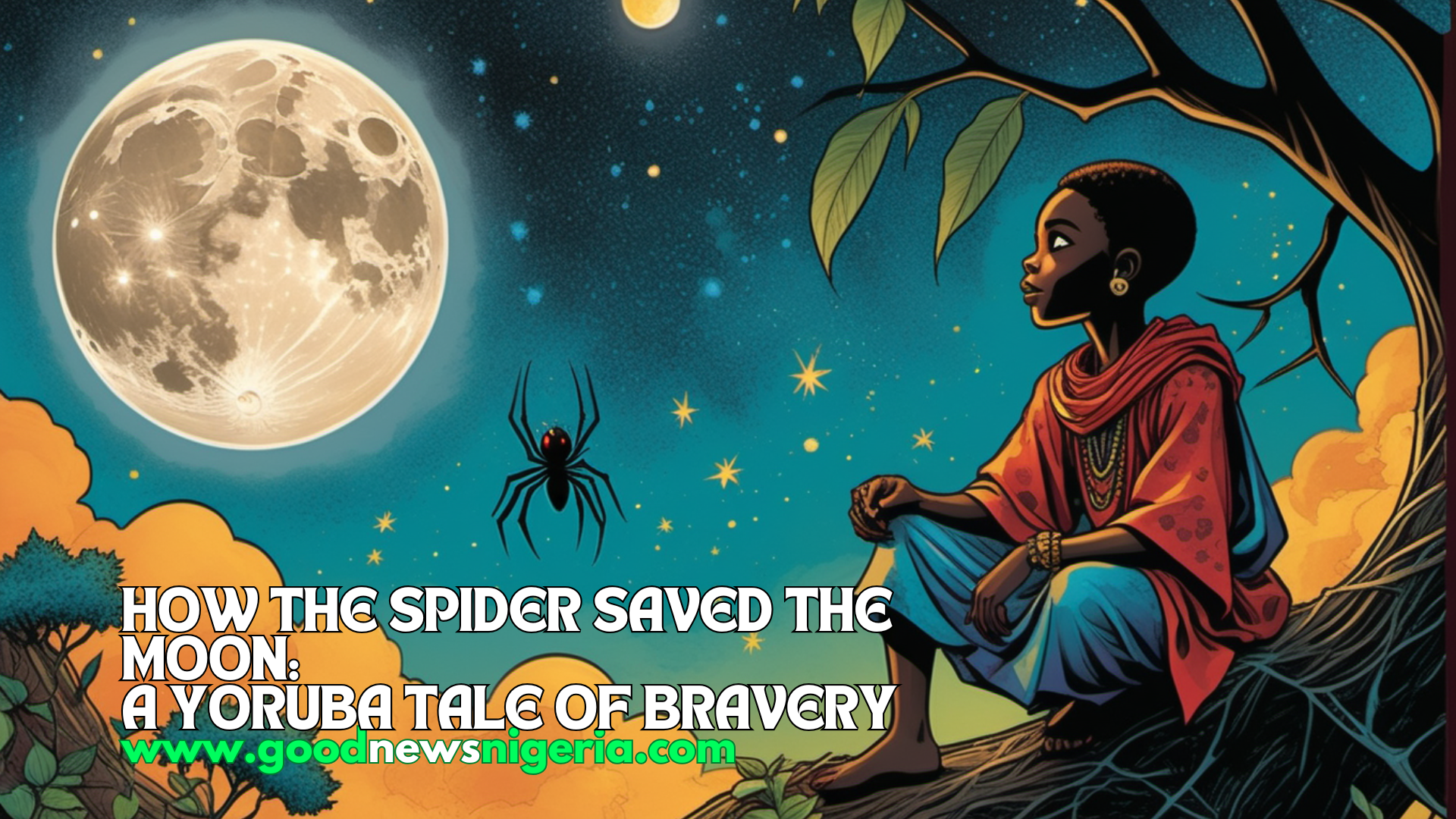
Ethnic Origin: Efik
Full Story
In the Efik lands near the Cross River, there lived a kind-hearted farmer named Ekpenyong. He was known for his bountiful harvests and generosity, often sharing his produce with the less fortunate in his village. Ekpenyong’s success and kind nature made him loved by all—except for a jealous spirit who lived in the forest.
The spirit, envious of Ekpenyong’s prosperity, decided to sabotage him. One night, it sneaked into Ekpenyong’s farm and cast a curse, causing the crops to wither overnight. When Ekpenyong discovered the ruined farm, he was devastated but refused to give in to despair. Instead, he went to the village elder for advice.
The elder told him, “Go to the sacred grove and offer a gift of peace to the spirits. Speak with humility and ask for their favor.” Ekpenyong followed the elder’s guidance, bringing fresh palm wine and kola nuts to the grove. There, he called out to the spirits, acknowledging their power and asking for forgiveness for any unintentional offense.
Impressed by Ekpenyong’s humility, the other spirits intervened and lifted the curse, restoring his crops. The jealous spirit, ashamed of its actions, sought forgiveness from Ekpenyong, who graciously accepted. From that day onward, Ekpenyong’s farm flourished even more, and he continued to share his blessings with the community.
Moral of the Story
The tale of Ekpenyong and the jealous spirit teaches the value of humility, forgiveness, and perseverance. It reminds us that kindness and patience can overcome envy and conflict.
Cultural Significance
This Efik folk tale reflects the cultural emphasis on harmony between humans and the spiritual world. Ekpenyong’s story underscores the importance of community, respect for nature, and the power of humility in resolving conflicts.




I got what you intend, thanks for posting.Woh I am delighted to find this website through google.